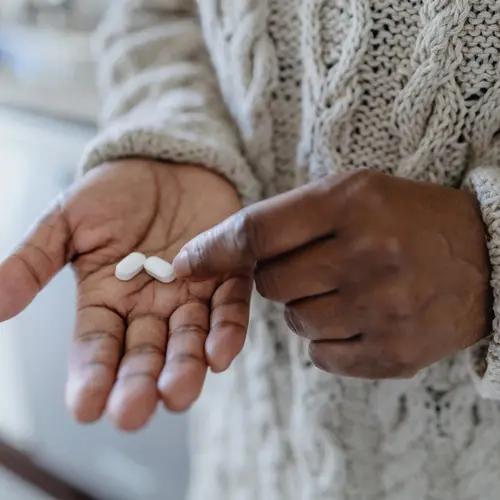When seeking an evaluation or treatment for ADHD, it is important to see a qualified health care provider who has dealt with this disorder.
There are several types of professionals who typically diagnose ADHD. These include doctors (especially psychiatrists, pediatricians, internists, and family physicians), psychologists (including school psychologists), social workers, nurse practitioners, physician assistants, and other licensed therapists (for example, professional counselors and marriage and family therapists).
One major question for newly diagnosed people is: Who can prescribe ADHD medications? While all of the professionals listed above can treat ADHD, only certain ones can prescribe medication and do thorough physical evaluations to rule out other possible causes of symptoms.
Because medication is a key part of ADHD treatment, it is important that all members of your treatment team communicate with each other on a regular basis.
Your Child's Health Care Team
If your child has ADHD symptoms, contact their doctor or pediatrician as a first step in diagnosing the condition. They should already have a strong relationship with your family and know the medical history.
Other members of your child's care team may be:
- Psychologists. These are specialists who are trained to diagnose and treat mental health conditions like ADHD. They can give expert assessments and offer therapy. But they can’t prescribe medication.
- Psychiatrists. They can also diagnose and treat mental health disorders. They’re medical doctors, so they can prescribe drugs.
- Nurse practitioners or physician assistants (PAs). They work under a doctor’s supervision and can diagnose and treat ADHD. They can also write prescriptions.
- Nurses. These are often the professionals who will answer questions about your child’s care and help you coordinate with the care team.
- Social workers. They can assist people with ADHD and their loved ones through the entire journey, from referral through diagnosis and treatment. They offer education, support, and tips for living with it.
- Occupational or speech therapists. These specialists help with specific areas that are affected by ADHD, such as work skills or language problems.
- Other therapists such as counselors and family therapists. They can work with people who have ADHD, their families, and school staff members on responding to problems, improving behavior, and building life skills.
If your child needs medication, the doctor, PA, or nurse practitioner will decide on the medication and monitor symptoms and side effects until the right dose is found. The diagnostic process also should rule out any other disorders that may look like ADHD.
Adult Health Care Team
ADHD in adults is often diagnosed by the primary care doctor, a psychiatrist, or a psychologist,.
To diagnose ADHD in adults, the doctor will need a history of the adult's behavior as a child. The doctor may also interview the patient's spouse, partner, parents, and friends, as well as look at the person's records, including report cards and transcripts, to determine if a patient's difficulties have lasted a while. The doctor may also use psychological testing.

